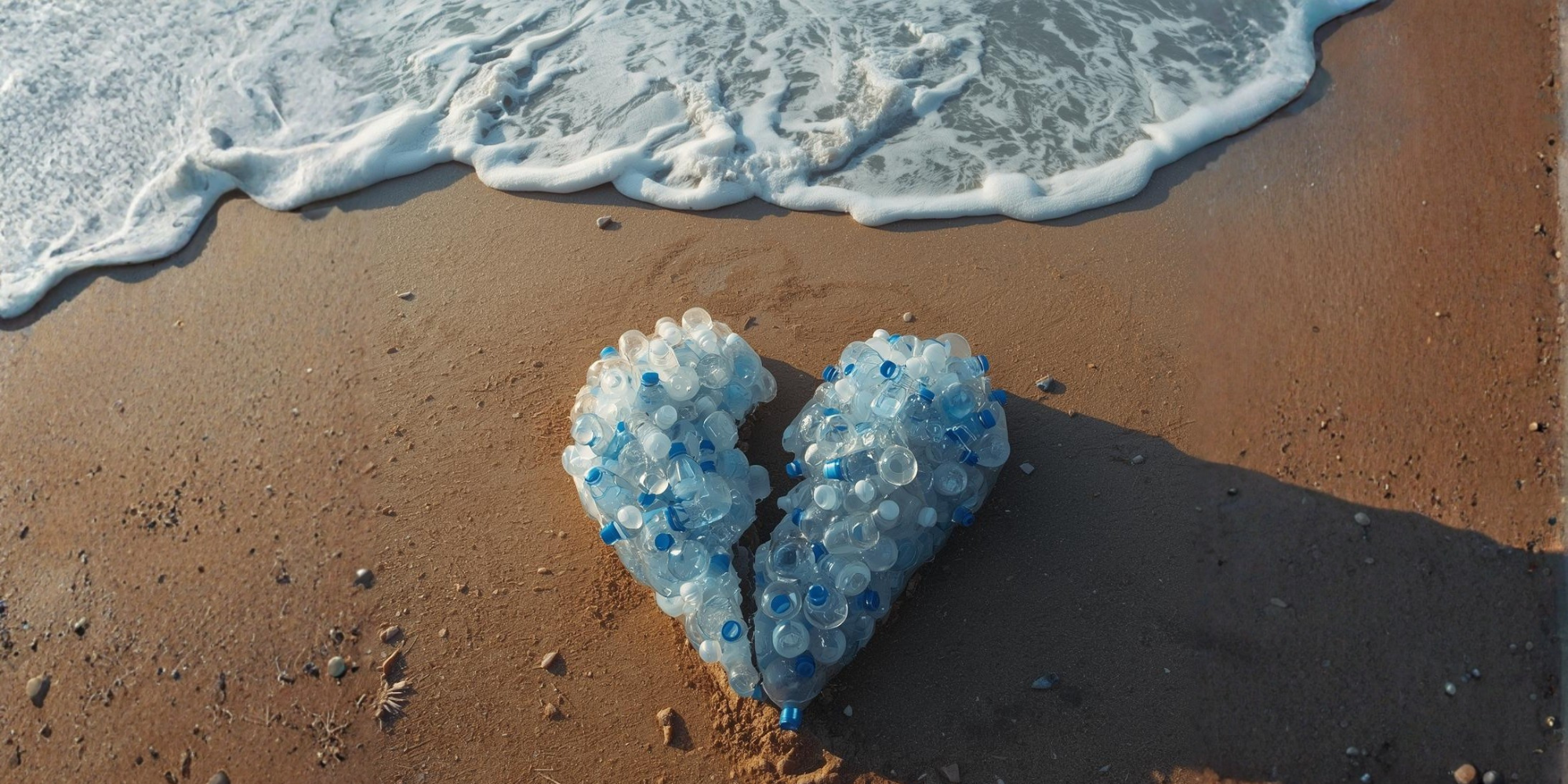Your Guide to Reduce Food Waste This Holiday Season
Food waste costs money, fuels climate pollution, and leaves communities hungry. Explore practical ways to cut waste at home and learn where your extra food can do real good this season.

Every time food goes uneaten, it’s money wasted. The EPA estimates that the average person in the US throws away about $728 of food each year. For a typical family, that’s nearly $3,000 gone. Nationally, roughly one-third of the entire US food supply is wasted. And when that food ends up in a landfill, it breaks down and releases methane—a potent greenhouse gas that accelerates the climate crisis.
The holidays make the problem worse due to bigger meals, bulk shopping, and leftovers that often go uneaten. But they also offer a chance to change habits in a way that saves money, reduces waste, and supports your community.
Smart Ways to Reduce Food Waste This Season
Shop Smart
- Shop your kitchen first. Take inventory before heading to the store—you may already have what you need.
- Stick to your list. Avoid impulse buys and oversized holiday packages you won’t finish.
- Be thoughtful with bulk. Only buy large quantities if you know you’ll use them before they expire.
Cook Mindfully
- Make less food. If recipes yield too much, halve them or freeze a portion.
- Plan meals with shared ingredients. Choose dishes that use the same produce or grains.
- Schedule a “leftovers night.” Make it a weekly tradition, especially during the holidays.
Use What You Have
- Revive produce. Add wilted greens to soups, bake soft fruit into desserts, or blend aging veggies into smoothies.
- Pickle or preserve it. Quick-pickles, jams, and chutneys extend the life of produce.
- Share the abundance. Bring extras to the office, to neighbors, or—better yet—donate it.
Store Food Properly
A lot of food waste happens simply because items aren’t stored well.
- Prep and organize. Use clear, airtight containers so food is easy to see and stays fresh longer.
- Label everything. Add the date you opened or prepared an item.
- Freeze wisely. Most produce, bread, cooked meals, and leftovers freeze beautifully and last for months.
Donate Surplus Food to Support Neighbors in Need
If you’ve overbought or ended up with unopened, unexpired foods you won’t use, donate them instead of letting them go to waste. Local food organizations can turn extra pantry items or produce into meals for families across Boulder County.
Food donation prevents edible food from entering the landfill and strengthens community resilience by reducing food insecurity in your community—especially during a season when many households face additional financial pressure.
Don’t Forget to Compost!
Even with careful planning, scraps happen. Composting keeps organic material out of the landfill and returns nutrients to the soil. Just remember to remove produce stickers, rubber bands, twist ties, and any non-organic materials first.
If you don’t have curbside composting, check if your municipality or local hauler offers drop-off options.
Small Habits, Big Impact
Small habits matter: planning meals, donating extras, storing food well, composting what’s left. Together, these practices save you money, reduce climate pollution, strengthen local food systems, and ensure more of our community’s food nourishes people—not landfills.



























